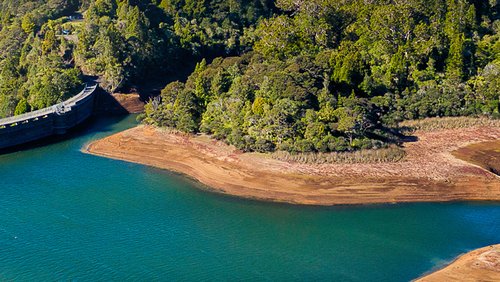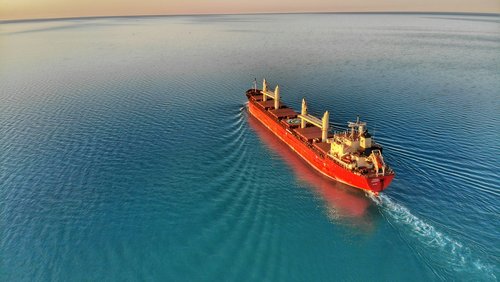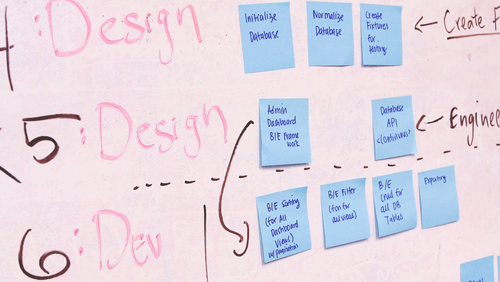Date: |
23 May 2024, 8.30AM – 4.30PM |
duration: |
8 hrs |
Venue: |
To be confirmed - Auckland |
Address: |
Auckland |
CPD hours: |
8 hrs |
Cost: |
|
Over the past three decades, urban stormwater management has changed from an engineering-led drainage design activity to a multidisciplinary activity that achieves engineering, urban design, ecological, social and economic outcomes within a planning framework.
Removing contaminants from urban stormwater discharges is now a key stormwater design feature for scenarios including urban development, transportation, urban renewal or industrial applications.
The course looks at stormwater treatment from an engineering perspective, considering design and operational issues including:
- Implementing the theory with design exercises, focused on identifying typical design issues and solutions.
- Learning how to identify and avoid typical pitfalls in stormwater treatment design.
Learning outcomes
Delegates who attend this course will gain an understanding of:
- the types and sources of contaminants within urban stormwater discharges
- the range of typical stormwater treatment measures available
- typical applications of a range of stormwater treatment devices, their advantages and disadvantages and limitations
- maintenance requirements of some of the more common stormwater treatment methods.
- Simple design experience (from workshop exercises), focusing on avoiding some of the common design pitfalls in two types of stormwater treatment devices.
Target Audience
This course is targeted at engineers with up to five years' experience, those who want a refresher after some time away from the stormwater field or non-stormwater specialists who want to gain an understanding of the principles of stormwater treatment, the limitations and solutions available.
It will be relevant for council engineers, development engineers, consulting engineers and land development surveyors. If you’re a planner, urban designer, landscape architect or project manager, you may also find it useful.
Course Format
The course format revolves around an interactive workshop style, supplemented in the afternoon by a significant group exercise taking participant groups through the design thinking process for a stormwater treatment device.
Presenter information
Allan Leahy
Allan is a Fellow of Engineering New Zealand, an Honorary Life Member of ACENZ and was named WaterNZ, Stormwater Special Interest Group, Stormwater Professional of the Year in 2017.
Allan’s career has focused on understanding and managing the full range of impacts stormwater discharges have on both natural and human environments. His project experience includes planning, investigation, design and construction of a range of stormwater applications for private, government and industrial clients. He understands both the engineering imperatives of construction projects, but also the financial, environmental, social and planning context the engineering solutions need to operate within.
This course introduces the principles of urban stormwater treatment. Learn about a range of stormwater treatment practices and consider their advantages and disadvantages for different applications.
Over the past three decades, urban stormwater management has changed from an engineering-led drainage design activity to a multidisciplinary activity that achieves engineering, urban design, ecological, social and economic outcomes within a planning framework.
Removing contaminants from urban stormwater discharges is now a key stormwater design feature for scenarios including urban development, transportation, urban renewal or industrial applications.
The course looks at stormwater treatment from an engineering perspective, considering design and operational issues including:
- Implementing the theory with design exercises, focused on identifying typical design issues and solutions.
- Learning how to identify and avoid typical pitfalls in stormwater treatment design.
Learning outcomes
Delegates who attend this course will gain an understanding of:
- the types and sources of contaminants within urban stormwater discharges
- the range of typical stormwater treatment measures available
- typical applications of a range of stormwater treatment devices, their advantages and disadvantages and limitations
- maintenance requirements of some of the more common stormwater treatment methods.
- Simple design experience (from workshop exercises), focusing on avoiding some of the common design pitfalls in two types of stormwater treatment devices.
Target Audience
This course is targeted at engineers with up to five years' experience, those who want a refresher after some time away from the stormwater field or non-stormwater specialists who want to gain an understanding of the principles of stormwater treatment, the limitations and solutions available.
It will be relevant for council engineers, development engineers, consulting engineers and land development surveyors. If you’re a planner, urban designer, landscape architect or project manager, you may also find it useful.
Course Format
The course format revolves around an interactive workshop style, supplemented in the afternoon by a significant group exercise taking participant groups through the design thinking process for a stormwater treatment device.
Presenter information
Allan Leahy
Allan is a Fellow of Engineering New Zealand, an Honorary Life Member of ACENZ and was named WaterNZ, Stormwater Special Interest Group, Stormwater Professional of the Year in 2017.
Allan’s career has focused on understanding and managing the full range of impacts stormwater discharges have on both natural and human environments. His project experience includes planning, investigation, design and construction of a range of stormwater applications for private, government and industrial clients. He understands both the engineering imperatives of construction projects, but also the financial, environmental, social and planning context the engineering solutions need to operate within.
Presenters
Allan Leahy




